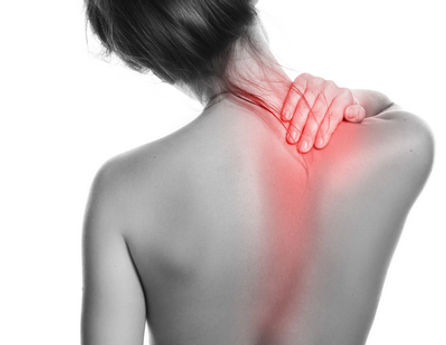Gout pains treatment
Schedule an appointment with a professional rheumatologist consultant to get rid of gout pains. Tap the button below to fill the contact form.
What is gout?
Gout is a type of arthritis caused by high levels of uric acid in the blood. Uric acid is formed when the body breaks down purines, a substance found in some foods such as red meat. Sweetened drinks and alcohol can also increase the level of uric acid in the body. Normally, uric acid is processed by the kidneys and excreted from the body through urine.
However, in a gout attack, excess uric acid forms urate crystals that lodge near joints. This leads to painful attacks in those joints, most often in the big toe, foot, ankle or knee. Gout can affect anyone, although men are more often affected than women.

Symptoms and causes
Painful attacks of gout are most often experienced in the joints in the lower extremities including the big toe, foot, ankle or knee. Attacks often occur at night. It is usually an intense, sudden attack with lingering pain, and this pain can come and go. The most intense period is usually between four and 12 hours after the attack begins.
The joints affected will appear swollen and red with limited mobility. The joint may also feel warm to the touch and very tender. Recurrent attacks of gout are possible, and the condition can also lead to kidney stones. Patients can also experience lumps under the skin caused by the buildup of uric acid.

Men are most likely to develop gout, especially between the ages of 30 and 50. Other risk factors include family history, obesity, and a diet high in purines (one that includes lots of red meat, organs, certain kinds of seafood). Drinking sugary drinks can also increase risk. Gout attacks should be treated so they do not worsen.
The condition can be treated with medication including NSAIDs (nonsteroidal anti-inflammatory drugs) such as aspirin and ibuprofen as well as with corticosteroids and colchicine. Drinking plenty of fluids, avoiding or limiting alcohol, avoiding or limiting fatty meats, and consuming low-fat dairy products may help prevent attacks. Maintaining a healthy weight and exercise can also reduce risk.
Treating gout pains







